Offer

At TEQUESTA we have in store a comprehensive program including regular activities, as well as a wide range of extra activities to choose from.
Check out our activities




While conducting the diverse activities with kids, our teachers avail of numerous techniques and methods, such as: project method, glottodidactics, Batti Strauss active listening, Montessori elements, Veronica Sherborne’s Development Movement Method, E. Gruszczyk-Kolczyńska’s mathematical method and many others.
Our staff participates in trainings constantly improving their qualifications, which translates into the highest quality knowledge passed on to the kids.
At our TEQUESTA preschools and daycares our education is bilingual: activities are carried out in Polish and English. Thanks to this, our kids are already in contact with a foreign language from the age of 1. Learning comes through play, which makes learning language much more simple and smooth.
Our daycares do an excellent job in preparing the kids to move up the educational ladder onto the preschool stage and facilitate their further education in both languages, i.e. Polish & English.









In our preschools we give kids the chance to develop their own individual passions and interests on many tiers, and the tuition fee covers a wide array of activities:
There are two educators working with each group, one of whom is English-speaking individual! Learning English in kindergarten is a great idea, because your child is in a phase where the mind absorbs new information like a sponge, so the kid can easily and thoroughly assimilate the grammar and phonetics of a foreign language, for instance by employing the Jolly Phonics program. Preschoolers learn new language spontaneously and with no reservations, without unnecessary prejudice, and they also begin to communicate using it without any barriers. The earlier a given child begins learning a foreign language, the greater the chances are that their pronunciation will be free of native accent. Multilingualism in childhood age also favors the learning of other subjects - this way, children's thinking becomes more flexible and creative. They show greater self-confidence in their own capabilities and statistically fare better than their peers in solving math exercises, even in English.
During these activities, exercises are introduced, the purpose of which is to develop in kids the spirit of innovation. These include movement improvisations, which are sung and played. Exercises done in rhythmics classes in particular link some general education tasks with musical tasks. First of all, they form creative attitude and stimulate activity, facilitate kids in getting rid of their inhibitions and teach them to express themselves and their own emotions freely. Rhythmic activities also have a positive impact on children's hearing function development and on their motoric coordination.
Already John Komensky in “The Great Didactics” wrote to “... teach people to draw their knowledge not from books, but from the sky and earth, from oaks and beech trees...”. Experimental activities let children observe and explore the phenomena of nature that surrounds them. Direct contact with nature from an early age encourages development of natural and physico-chemical interests in children. During their activities, participants take part in all sorts of experiments and games - they experience molecular cuisine, learn the states of concentration of water, etc. An important aspect of the activities is also making the kids sensitive to the beauty of the surrounding nature.
The Happy Geniuses program is mindfulness and concentration training delivered during play and team games, drawing on the best Mindfulness workouts. All exercises during these activities are performed in a group or in several smaller groups. Children collectively acquire skills that build and boost their self-esteem. In addition to Mindfulness technique, our program is based on: common sense, expertise of child psychology, and a nurturing method founded on Positive Discipline.
Children exercise their imagination and concentration during classes.
Children learn by imitation. Classes are adapted to the age, level of skills, interests and needs of participants. We guarantee great fun and valuable experience.
Learning takes place through play, and the activities are based on the assumptions of the natural method and TPR (Total Physical Response), which makes it very easy for children to assimilate another language. Learning Spanish is also learning about culture, customs and traditions of Spanish-speaking countries. Through their contact with a second foreign language, children become more open, creative and they tend to exhibit more self-confidence in dealing with other people.
It's hard to find a child who doesn't like to listen to fairy tales. Fairytale therapy is simply a therapy through fairy tales. As psychological studies have shown, reading certain fairy tales can help children in getting through several emotional situations, which the child finds difficult, such as irrational fears or the first days in kindergarten. Fairytale therapy is also an excellent relaxation method. Properly selected stories, which are then told or read can perfectly mute a child’s mind, if only before bedtime, after a day full of impressions or strenuous tasks. Fairytale therapy is a novel method, brilliant in its simplicity, effective and gaining ever more popularity worldwide.
These activities support sensory & motoric development through creative and joyful play. Sensory workshops also facilitate in the development of the nervous and motor systems. This is accompanied by fostering children's openness to the world around them, increasing their self-awareness and enriching their knowledge about other people. Properly selected activities prepare children for learning at further stages of their education cycle and they also facilitate educators in detecting any potential difficulties. Children acquire the ability to express their emotions and needs. They also learn how to recognize them and cope with them. Integrating games teach children how to relate to other people and the rules of being in a group. As part of the activities, kids take part in movement, plastic, sensory and musical games.
Playing this game, kids practice motoric coordination, become fit and learn healthy rivalry. Moreover, tennis is a kind of sport you can practice at any age. It’s a discipline that brings with it a certain kind of lifestyle and it gives great satisfaction from practicing physical activity.
Here come gym workshops that develop fine and gross motor skills. They include certain corrective exercises. These activities come as a real help in promoting the right physical development of little kids. Exercising is not just a way to get fit, but it also enhances the functioning of the brain — active children tend to do better at school! But sport produces benefits not just in terms of good health and development. Most of all, sport is good fun!
As part of their tuition, each week the kids take part in a variety of thematic workshops and excursions, learning different things about the world, getting to know scientific curiosities, artists, culture and art.


As Non-Public Daycares and Private Preschools Tequesta we cooperate with various professionals:
activities are conducted twice a week
depending on the needs of the kindergarten
classes are once a week
classes are scheduled several times a week






In order to diversify the afternoon time for our kids, we also offer them some extracurricular activities at extra payment:
Our preschools are venues for dance classes once a week conducted by qualified instructors. During this course, kids come to learn elements of ballroom and folk dance, as well as some disco and hip hop dance routines. Kids also get acquainted with dances, which are characteristic of different regions of the world: polka, polonaise, mazur, krakowiak, kalinka, cha-cha, samba, rumba, rock'n'roll, English waltz or tango. They learn dance routines of zorba dance, cowboy dance, Arabic, and Hawaiian dances.
The kids practice choreography of well-known and loved hits, e.g. “Daddy Cool” or “Waka Waka”. Activities are attractive for boys and girls alike - there is something for everyone. Boys liked cowboy dancing and paso doble the most, while girls - English waltz. Props such as pompoms, fans, necklaces or colorful skirts are also a big attraction and make part of the dance classes scene.
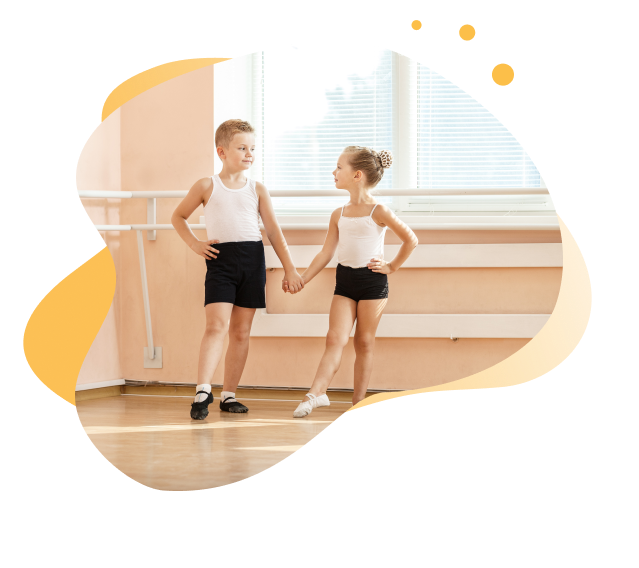
Karate is taught at our preschools once a week. Karate makes kids fit through various type of play and arcade games. It helps maintain proper bodily posture, practice speed of moves, flexibility, stamina, as well as motoric & visual coordination. Preschoolers get the grasp of how to position the body (upright spine) and practice proper arrangement of hands, palms, legs, and safe roll-over on mats. Apart from practicing various techniques of this Japanese martial art, this activity has a special educational role to play - it teaches children regularity, patience, focusing attention and control over their own emotions.
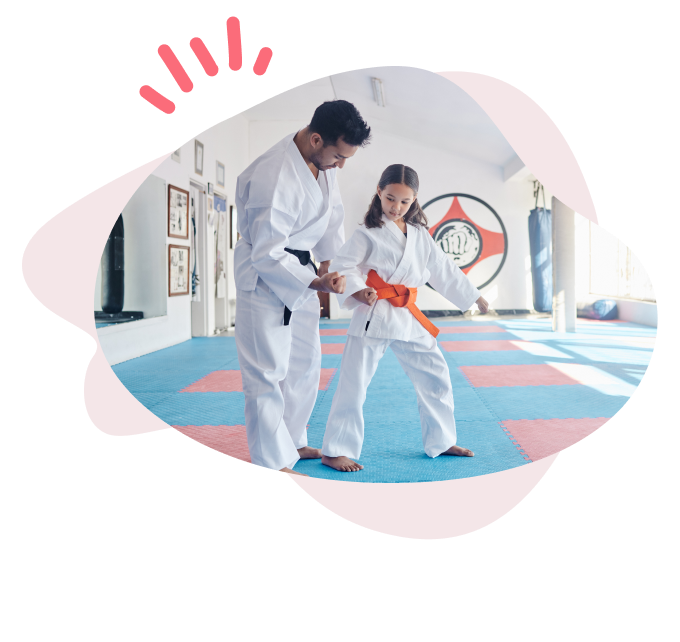
In the robotics class we use some special sets of “Simple Machines” Lego Duplo bricks. Classes are held in 10 person groups and are conducted by qualified instructors. Preschoolers learn to build such structures as: pinwheels, spinners, swings and rafts - each class is dedicated to a different topic. While playing with bricks, kids learn the skill to work in a group and independent, logical thinking. While creating different structures from bricks, they develop spatial imagination, and get to know some mathematics, physics and technology. In advanced groups, we use other sets of Lego bricks — “WeDo”, which come along with various types of motors, motion sensors and lamps. For such class, the instruction is displayed in laptop, which makes the class even more attractive to kids.
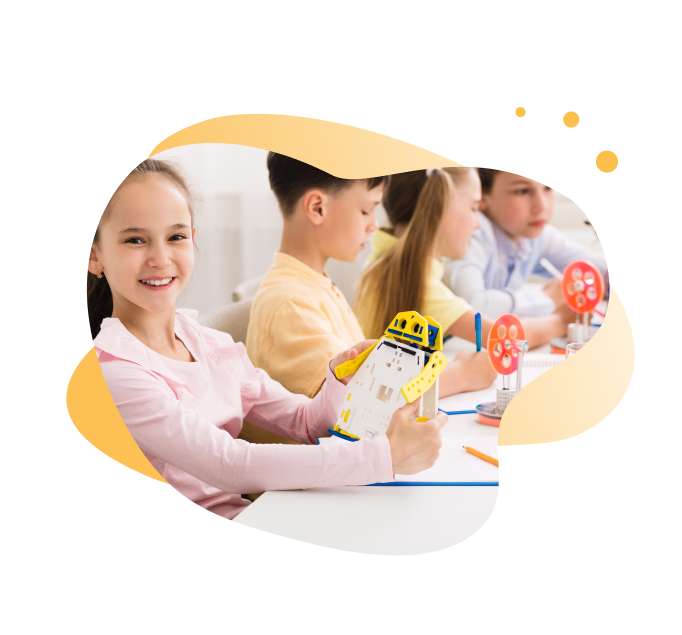
In these classes, children learn the secrets of classical dance. The program is pumped up with modern dance techniques, acting and improvisation, pantomime, rhythmics, stretching, as well as coordination exercises. Each class consists of a warm-up, physical exercises, dance routines and some stretching. Through ballet classes, children develop their motoric coordination, musical sensitivity and sense of rhythm. During the classes, they listen to ballet music taken from some of the most famous fairy tales and stories such as: Nutcracker, Cinderella, Sleeping Beauty or Don Quixote.
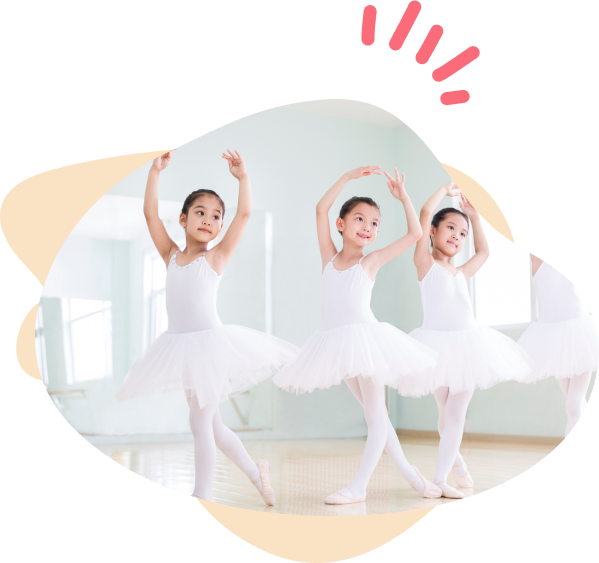
Activities addressed to the children in the 3 to 6 age group. They are conducted simultaneously in two groups, and how they split depends on the needs and capabilities of children. Preschoolers learn how to breathe properly in water and coordinate their movements. How to work their arms and legs in learning the backstroke style or crawl. All this comes along with some playtime fun, jumping and sliding into the water, to make things for the kids even more attractive.
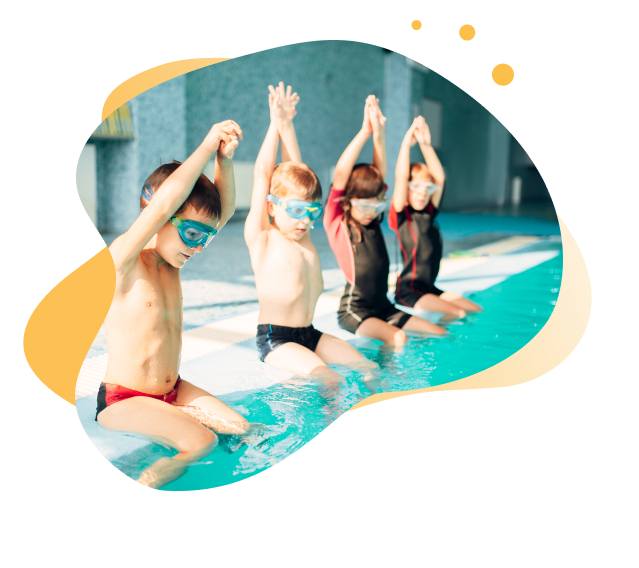


Apart from the stuff mentioned above, we also organize all kinds of activities, trips and other forms of leisure for children, teachers and parents alike. All parents are welcome to spend their quality time with TEQUESTA - time spent together will surely produce some beautiful memories that are remembered for lifetime!
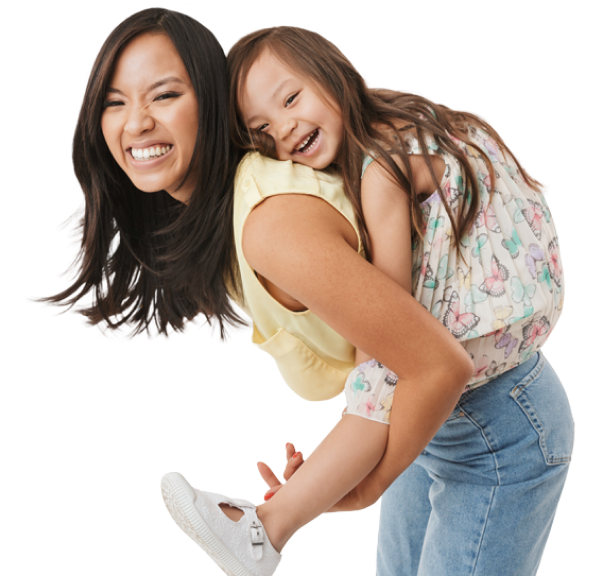
Call us or use the provided form for more information!